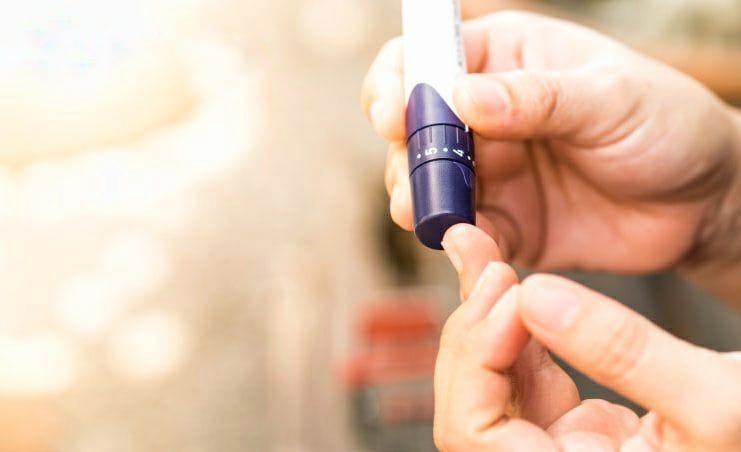Welcome to Romo Healthcare Online store!
GET UP TO 8% DISCOUNT ON PRESCRIBED MEDICINE
Blog Details
Home > Blogs > Hypoglycemia – Every Diabetic Must Know!


By Joy Ghosh
|
Dec 18, 2023
Hypoglycemia – Every Diabetic Must Know!
The first step in managing diabetes is to know the signs and symptoms and be aware of the possible complications and educate yourself about managing them. Your doctor will guide you on various treatments, interventions and lifestyle modifications that are available. A person taking medications for diabetes must know about the risk of hypoglycemia or a sudden drop in blood sugar levels Understanding Hypoglycemia Hypoglycemia is a medical term for low blood sugar levels. People with diabetes are more likely to experience hypoglycemia (low blood sugar). Low blood sugar can also be caused by a few additional conditions. The supply of glucose to your brain must be continuous and consistent. Because it can’t store or produce its energy, your brain may be impacted if your glucose level decreases. When this happens, you could experience these hypoglycemia symptoms: Odd behaviour, confusion, irritability, dizziness Visual abnormalities, such as double or blurred vision (uncommon) Loss of consciousness (uncommon) Seizures (uncommon) Other physical symptoms of hypoglycemia include: Anxiety Palpitations Excessive hunger Sweating Shaking of hands and feet Headache As these symptoms aren’t exclusive to hypoglycemia, if you’re diabetic, you should check your blood sugar level whenever these symptoms appear. It’s the only method to figure out if they’re caused by a blood glucose issue or anything else. How to Manage Hypoglycemia? The first step towards the treatment of hypoglycemia is consulting a trusted doctor or diabetologist who will be able to advise a specific treatment suited to your case and symptoms. The recovery plan will most likely be divided into two parts – what action to take right away to restore normal blood sugar levels and what needs to be done in the long run to identify and treat the source of hypoglycemia. Your doctor will start the treatment for hypoglycemia by first determining the symptoms you’re having. Taking glucose tablets or eating sugar, such as sweets or fruit juice, may usually help manage early symptoms and return your blood sugar to a safe level. If your symptoms are more severe and you’re unable to consume sugar by mouth, you may require a glucagon injection or an IV glucose infusion by a healthcare professional. The 15 Rule to manage hypoglycemia If your blood sugar drops below 70 mg/dL, use the 15-15 rule to raise it: Eat 15 grams of carbs (3 – 4 tablets of glucose or a half cup of fruit juice or 1 tablespoon of sugar or honey) and check your blood sugar after 15 minutes. Have another serving if it’s still below your goal range (understand your goal range from your doctor). Repeat these procedures until you’ve reached your desired range. Eat a nutritious lunch or snack once it’s back in range to keep it from dropping too low. What is the long-term treatment for hypoglycemia? Your doctor will want to work with you to figure out what’s causing your low blood sugar. Counsel you about taking your medications and meals timely. They may advise you to revise your diet plan and may also alter your dosages if you’re currently taking medication or find a new way to manage your lifestyle.
All Categories
Doctor's Advice
New test blog category
Test Blog
Heart Care
Welcome to Romo HealthCare E-Pharmacy, where health meets convenience at your fingertips. Our online platform offers a wide range of pharmaceuticals,

